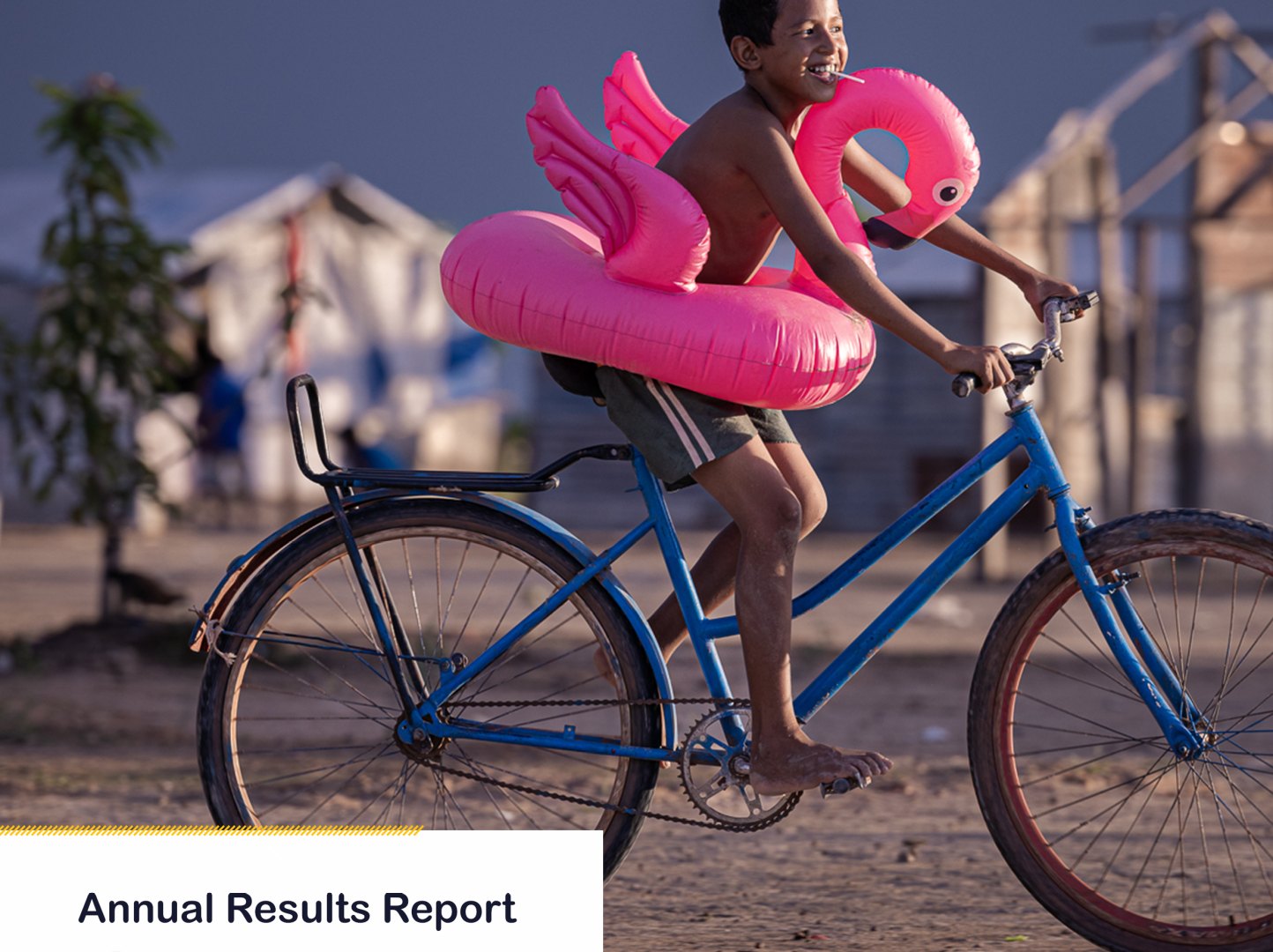The Decade of Action and Small Island Developing States: Measuring and addressing SIDS’ vulnerabilities to accelerate SDG progress
Small Island Developing States (SIDS) face a unique set of vulnerabilities which impede their ability to achieve sustainable development. Structural factors, including their size, remoteness, limited resource base, market size, exposure to climate risks and natural disasters impact socio economic outcomes and their ability to achieve the SDGs. The COVID-19 pandemic amplified those vulnerabilities with many SIDS countries being particularly affected by the drop in international tourism and travels and international remittances. To support the UN effort to develop a sound and robust Multidimensional Vulnerability Index (MVI), this Working Paper presents a new pilot framework and MVI for tracking SIDS structural vulnerabilities by distinguishing across different SIDS categories. Based on this pilot framework and indicators retained, our preliminary results underline that SIDS tend to be particularly vulnerable compared with other world regions. At the same time, the type of vulnerability faced by Atlantic/Indian SIDS, Caribbean SIDS, and Pacific SIDS tends to vary and may require different types of financing mechanisms and development pathways to support resilience, emergency responses and sustainable development. The initial results also emphasize the strong negative correlation between high structural vulnerabilities and poor SDG outcomes, including extreme poverty, life expectancy and subjective well-being. This Working Paper aims to provide an initial basis for further discussions on measuring multidimensional vulnerabilities and on the relationship between vulnerabilities and SDG achievement and financing mechanisms. We welcome comments and feedback on these preliminary results.



















